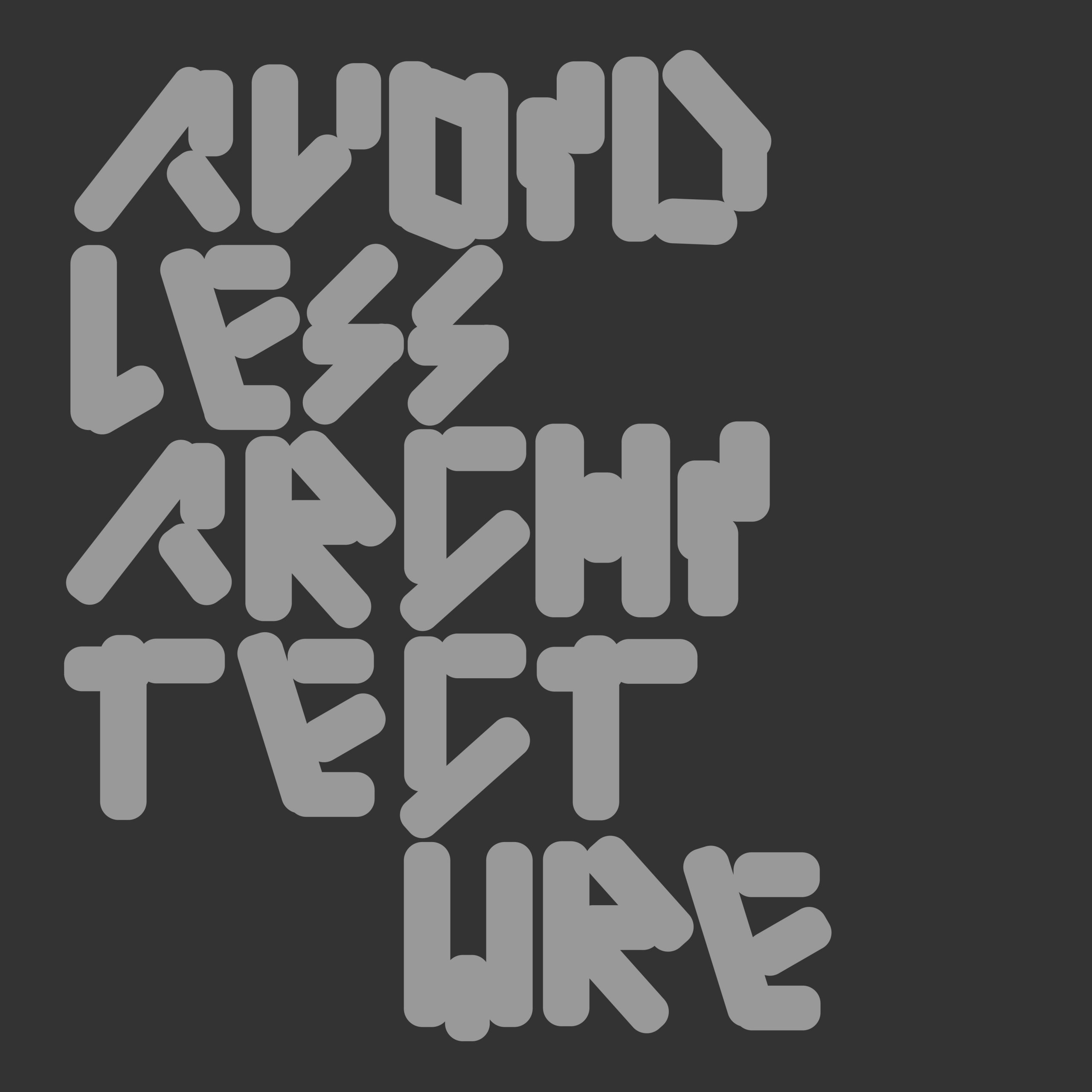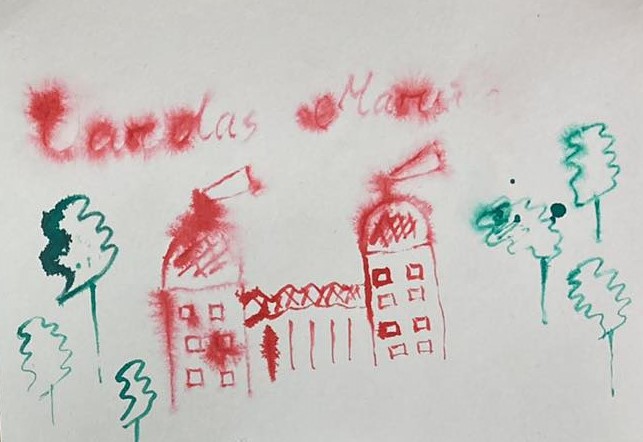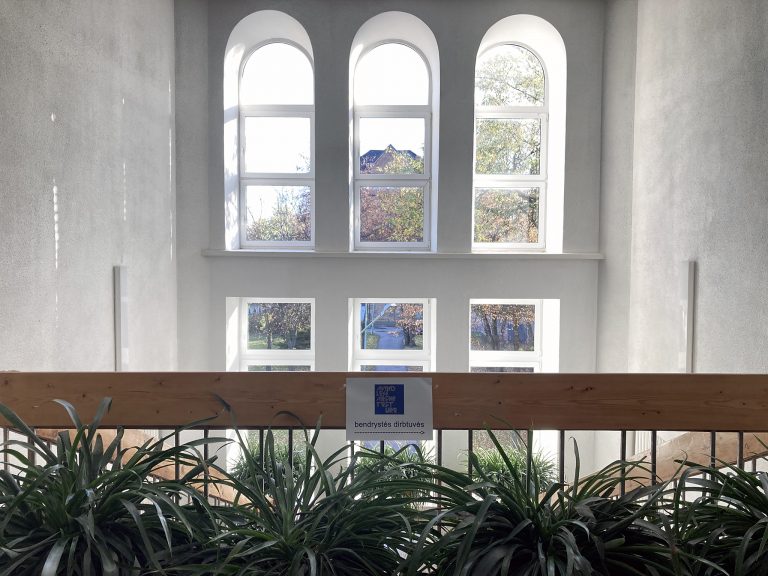Eksperimentas
Avoidless architecture
The Vilnius Republican Psychiatric Hospital, built in 1903, has undergone many changes.
One of them – the changing definitions of diagnoses – over time, the psychiatrists themselves did not agree on how to treat certain human states, behaviours and feelings, so the treatment methods were constantly shifting. The spaces in the hospital building, which were not used for their intended purpose during the war and during the Soviet era, also underwent changes.
Avoidless architecture – the concept and process born of Evelina’s architecture master’s thesis, the research object of which is the aforementioned hospital.
What kind of architecture can we choose, and what kind we can not because of the existing political, social, cultural, and economic aspects at certain periods of life?
What (and how) shapes our mindset that identifies one space as less (more) attractive or dangerous?
Collecting the most important, unexpected, disappointing or inspiring events, objects, stories, photos or sounds that have taken place in the hospital over the course of more than a hundred years will try to answer the questions raised.





